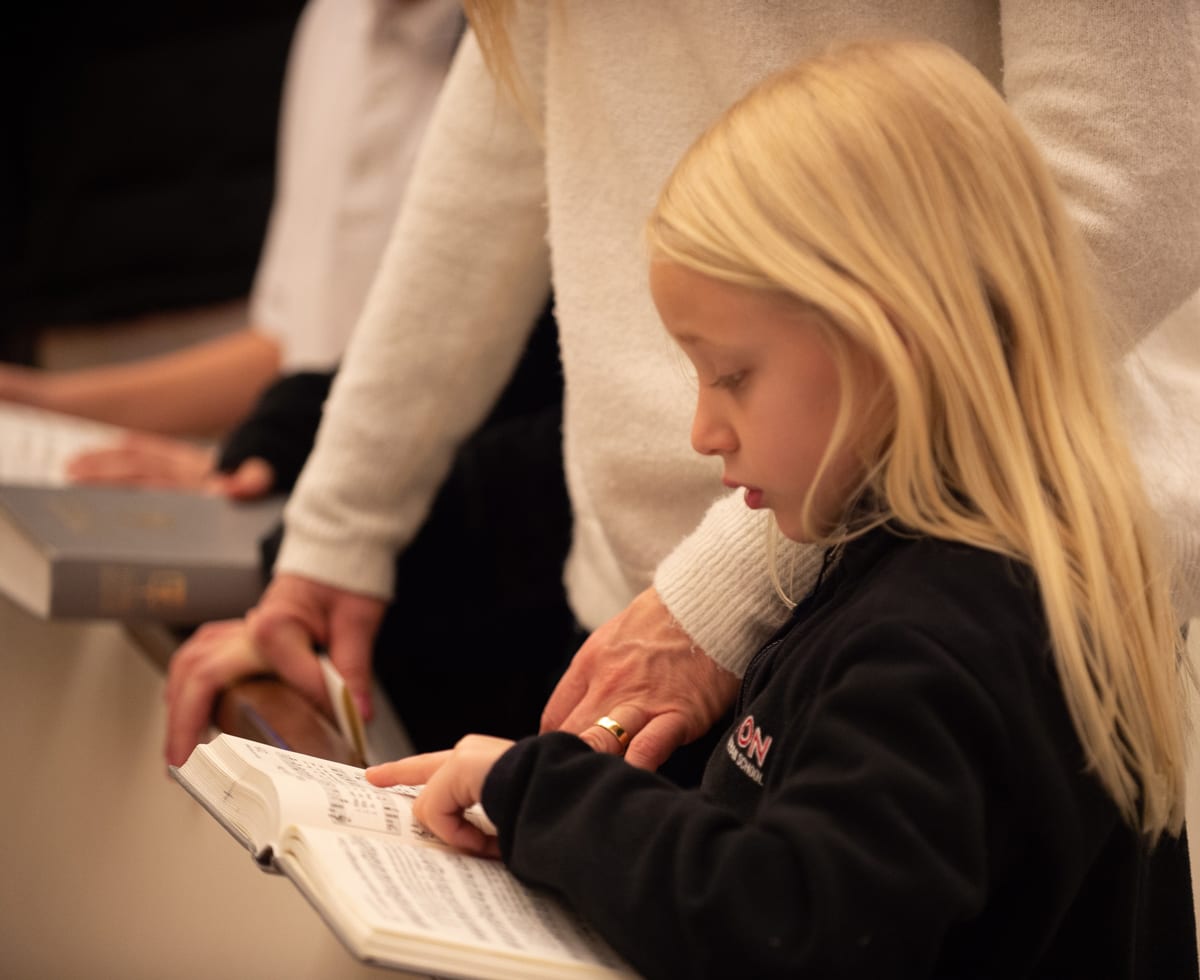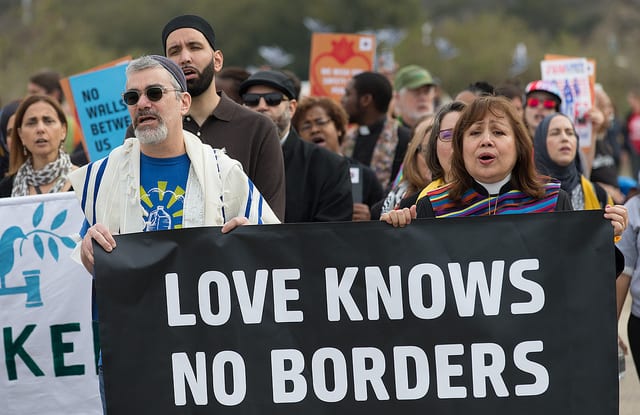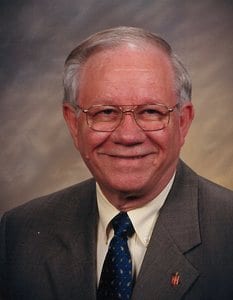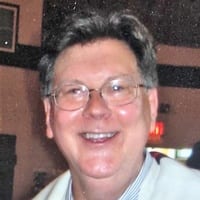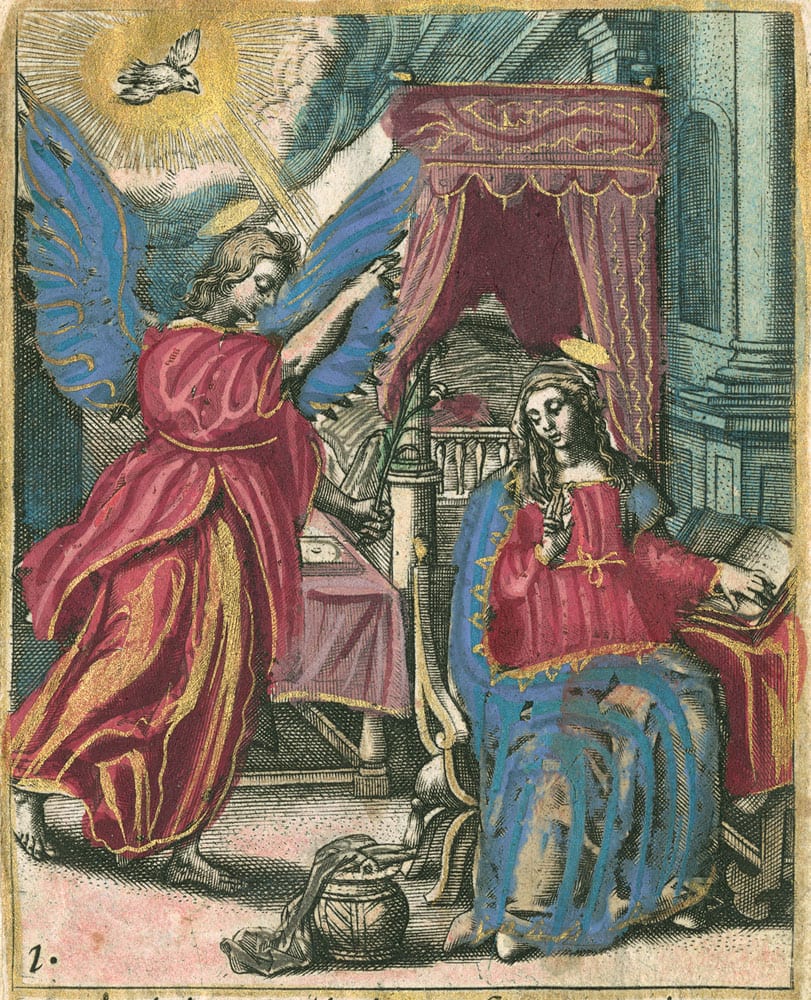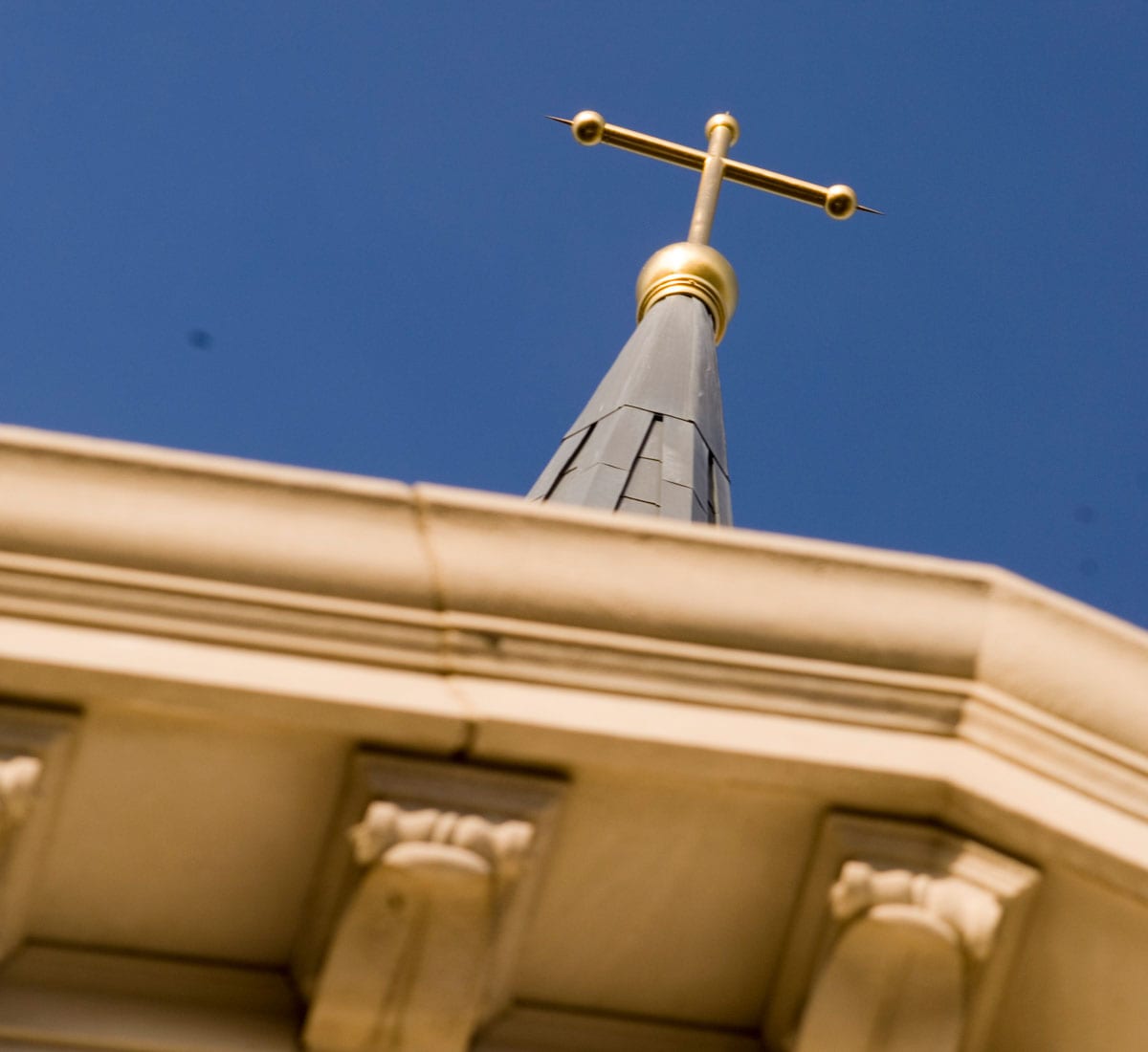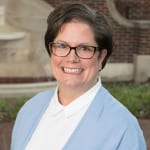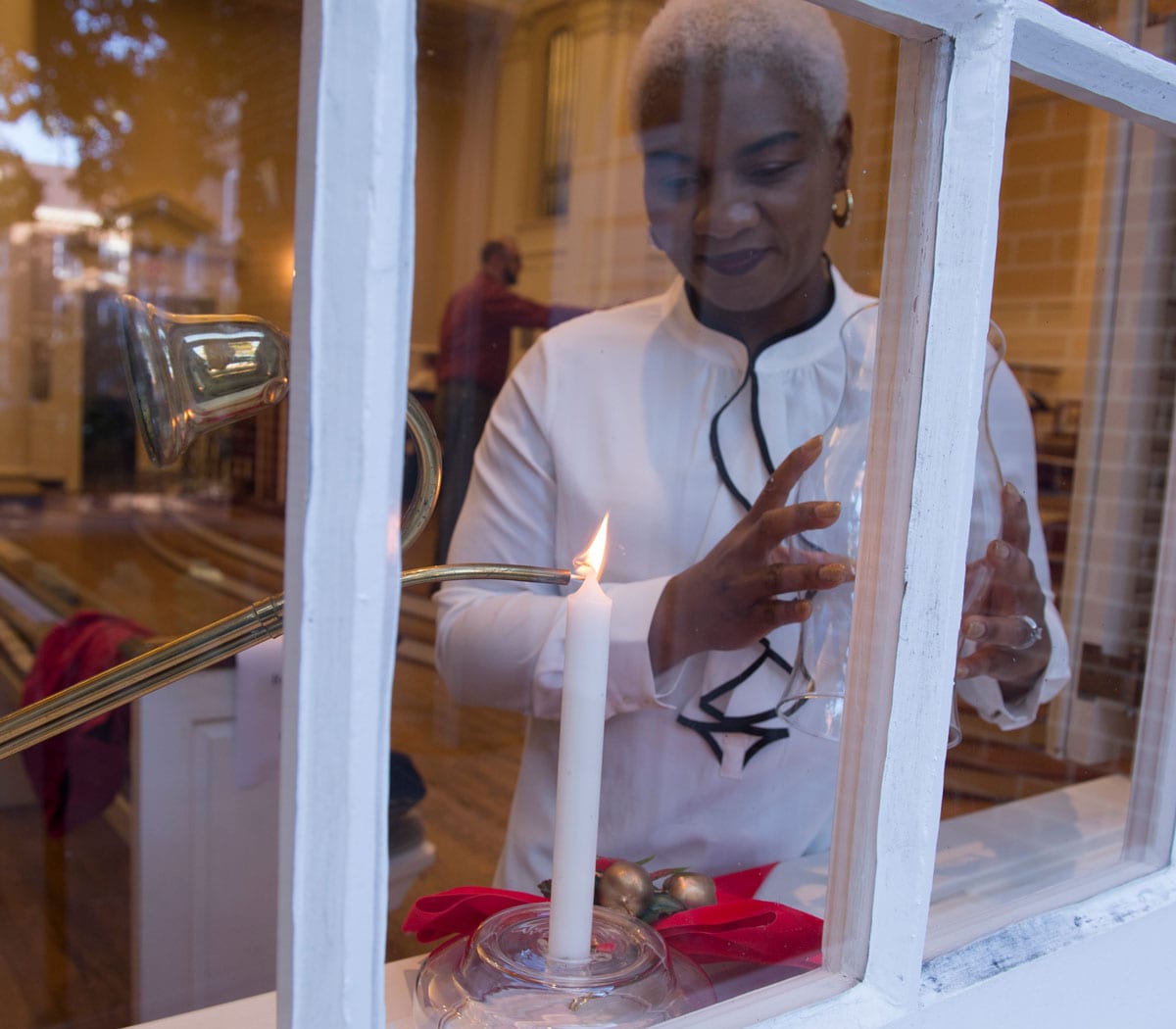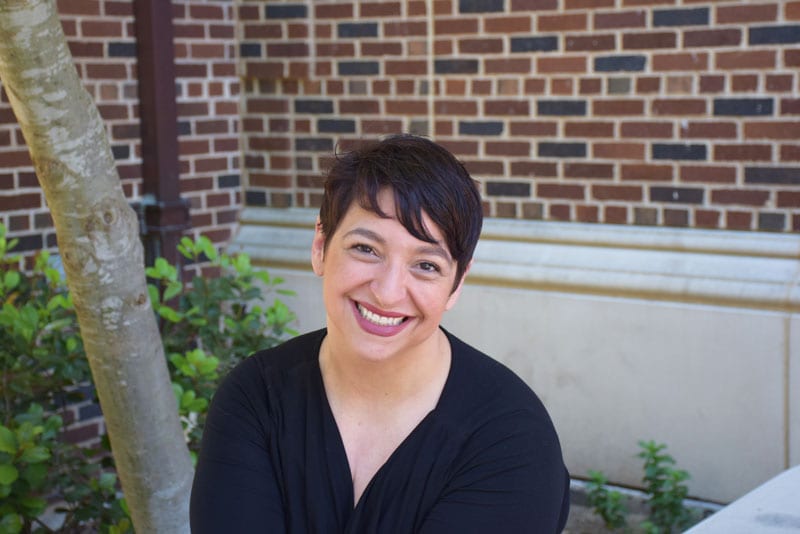Advent is a time of expectation. The seasonal hymns are full of anticipation: Come, Thou Long Expected Jesus; O Come, O Come, Emmanuel; Savior of the Nations, Come.
But it is not only Christmas, the coming of God’s Messiah to the Bethlehem manger, that Christians anticipate. The biblical hope also includes the expectation that God in Christ ultimately will right all wrongs and bring in everlasting peace. It is this hope that is expressed so powerfully in Revelation 21:
I heard a loud voice from the throne saying, “See, the home of God is among mortals. He will dwell with them as their God; they will be his peoples, and God himself will be with them; he will wipe every tear from their eyes. Death will be no more; mourning and crying and pain will be no more, for the first things have passed away.”
But there is at times a gap between what we hope for and what actually happens, between our interpretation of God’s intentions and their fulfillment. When Christmas arrived two millennia ago, it was all a bit of a surprise. No one expected the Messiah to come like this, in such a place, in such humility. In retrospect, birth in the Bethlehem manger might seem the perfect start to this most exceptional life, but no one at the time appears to have expected it.
When Jesus later began his ministry, he proclaimed, “The time is fulfilled, and the reign of God has come near; repent, and believe in the good news.” There was a large audience well prepared for this message. People had been hoping for centuries that God would act on behalf of Israel, an expectation encouraged by John the Baptist. Still, while the message might have sounded familiar, there appeared to be something wrong with the messenger. Jesus wasn’t at all the Messiah people had expected.
It was not until after the death and resurrection that Jesus’ own disciples came to understand what the coming of the Christ meant. In particular, it revealed the character of God in ways far beyond their expectation. God in Christ joins with us, suffers with us, lives with us. The reign of God had begun in a new way among them, but to see it, they themselves had to become a new creation.
During the Advent season, Christians celebrate the coming of Christ, believing that we, at least with the benefit of hindsight, got this one right. The future Advent of Christ also is eagerly anticipated by many millions of Christians, which in and of itself is not a bad thing. Matthew’s Gospel, for example, enjoins us to keep our lamps lit, to stand at the ready, to watch and pray. Indeed, on a practical level, none of us knows when our own end will come. Even if the world goes on for millions of years, these are for us the last days, and it behooves us to live at the ready, to redeem the time, to watch and pray.
Unfortunately, the perspective found in most popular books about the biblical future is deeply problematic. It takes a piece of this and a piece of that, joined together with extraordinary imagination, and creates a version of God’s ultimate reign that is actually foreign to every biblical author. In other words, people are tempted to homogenize various perspectives for the sake of a larger interpretation that itself is not found in any biblical book, prying texts free of their context and effectively drowning out the distinctive voices of the individual authors.
It is not the case that the Bible gives us a simple roadmap to the ultimate advent of God’s reign. At the end of the day, that’s probably a good thing. Those who do think of these texts in that way are always in danger of constructing a religion of escapism, whose main business is that of departing this world and leaving behind (certainly not solving) its problems.
We might instead take a lesson from Christ’s first Advent. Jesus did not offer his contemporaries what they wanted, which was escape from Roman occupation. Instead, Jesus offered them almost the reverse, telling them to love their enemies, shown in a willingness to carry the enemy’s cloak a second mile. He submitted himself to them, even when he knew it would kill him.
Jesus offered hope, to be sure: hope both for God’s presence, forgiveness, and meaning in our lives today, and hope for God’s ultimate victory, for the final triumph of meaning, justice, purpose, and love. But he did not offer escape. If anything, he is the model of one who chooses to do the will of God without exercising the escape clause.
Many people in the early church understood that, which is why they experienced so much liberation and joy in the present. They had something to hope for and something to do in the meantime. Living lightly to possessions and pride, to things that the world gives and therefore can threaten to take away, they were set free to live much more fully in the world, not to evade it.
It is possible to be so heavenly minded that we are of no earthly good, and, conversely, to be so earthly minded that we are of no heavenly good. The best thing, in the only moment in which we can actually choose and influence–which is of course the present–is to bring heaven to earth, to live as God equips us today. Not because we have no future hope, but because we rest in it and are set free by it from all that would weigh us down and make us ineffective, self-absorbed, and afraid.
We are called to newness of life today. It is in fact a much greater act of faith to live Christianly in this present world than it is, in effect, to check out of this world in expectation of a divine escape.
Of course, none of us would want to miss out on God’s future. At the same time, we ought to be careful not to miss out on all that God would do with and through and for us right here, right now.
Wishing you the joy and reality of Christ’s Advent,
Craig C. Hill

